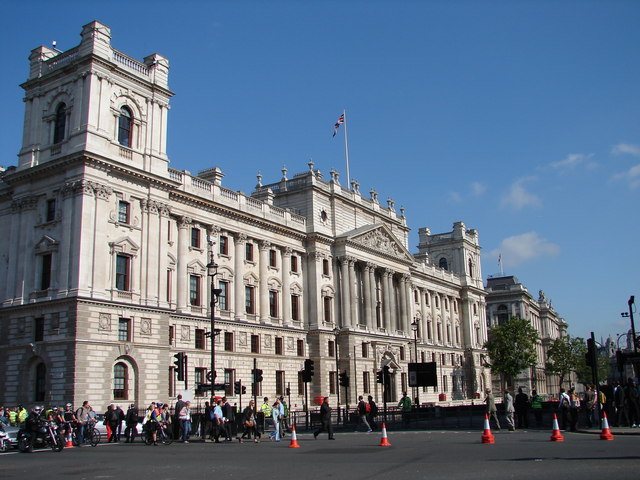
The British government has introduced new tax changes aimed at safeguarding energy security and preserving British jobs in the oil and gas sector. These measures were implemented in
response to the industry's extraordinary profits resulting from the record-high prices of oil and gas, primarily driven by Putin's invasion of Ukraine. The levy, which has already generated approximately £2.8 billion, is projected to raise nearly £26 billion by March 2028. These funds will be allocated to initiatives such as the Energy Price Guarantee, which aims to alleviate the cost of living.
While the tax included an investment allowance to encourage continued investment in oil and gas extraction within the UK, the industry has expressed concerns about companies reducing their investments. This poses a long-term risk to the country's domestic energy supply, potentially leading to increased dependence on imports during a time when reliable and affordable energy is of utmost importance for households and businesses.
In light of these concerns, the government has announced the Energy Security Investment Mechanism, which provides certainty to the oil and gas sector, enabling them to raise capital and invest in both new and existing projects. This mechanism aims to secure an affordable and reliable domestic energy supply, safeguarding the 215,000 British jobs supported by the sector. If oil and gas prices fall to historically normal levels for an extended period, the tax rate for oil and gas companies will revert to the previous rate of 40% before the Energy Profits Levy was introduced. However, based on the independent Office for Budget Responsibility's (OBR) forecast, it is not anticipated that the Energy Security Investment Mechanism will be triggered before the planned end date of the tax in March 2028.
Considering Putin's weaponization of energy, the UK government is taking concrete steps to accelerate the development of domestic energy sources, reducing reliance on foreign imports. In October 2022, the North Sea Transition Authority (NSTA), the industry regulator, initiated the process for oil and gas licenses in the North Sea, allowing exploration and potential development of 898 blocks and part-blocks. This initiative may result in the awarding of over 100 licenses starting later this year.
Gareth Davies MP, Exchequer Secretary to the Treasury, emphasized the importance of recovering excess profits resulting from Putin's actions and utilizing the funds to support people with their energy bills. The windfall taxes on energy profits have enabled the government to save households over £1,300 on their energy bills last winter. Davies highlighted the need to secure investment in domestic energy supply to protect British jobs and prevent the nation's energy sources from being vulnerable to petrostate despots like Putin. Shutting down the North Sea taps abruptly would be irresponsible, as it would force the UK to rely even more on imports, jeopardizing energy security.
The windfall tax, in conjunction with other taxes on oil and gas companies, is projected to generate a total revenue of £50 billion over the next five years. These taxes have contributed to significant savings for households, accounting for nearly half of the typical energy bill last winter, and have also reduced energy costs for businesses across various sectors. To revert the tax rate for oil and gas companies back to 40%, both oil and gas prices would need to fall to or below $71.40 per barrel and £0.54 per therm, respectively, for two consecutive quarters. These levels are based on 20-year historical averages. It is expected that the Energy Security Investment Mechanism will not impact the revenue from the Energy Profits Levy, based on current market forecasts. Photo by Ian Paterson, Wikimedia commons.


































